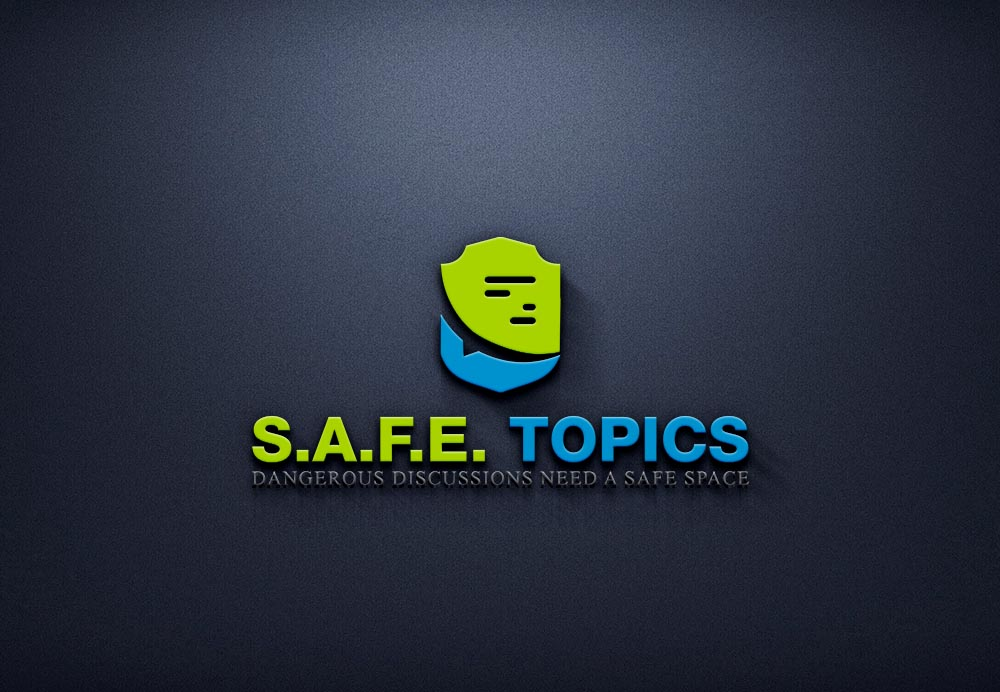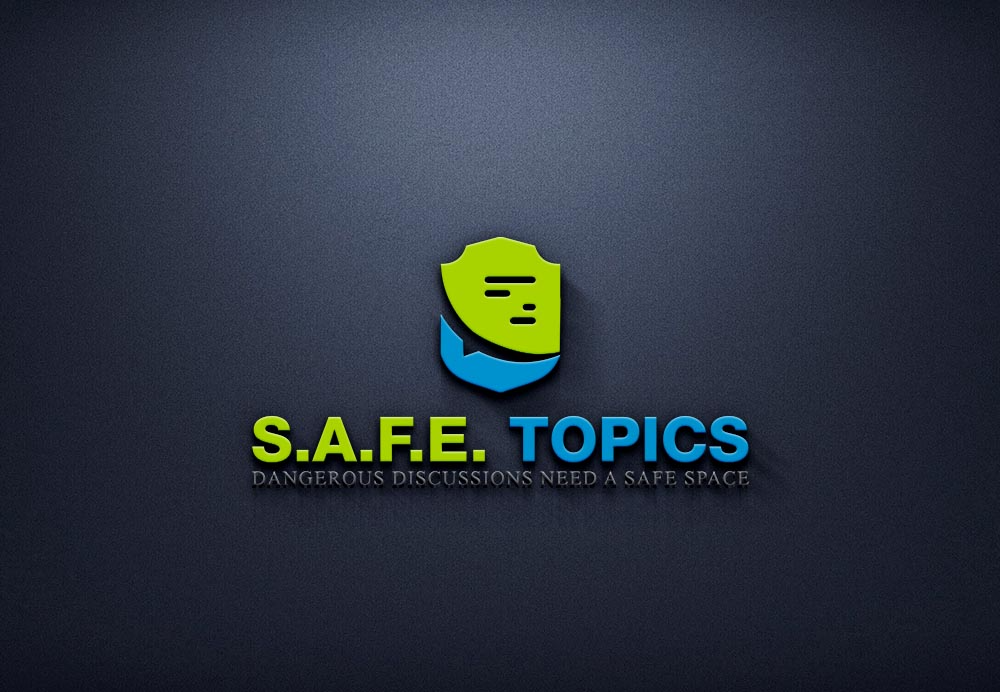Misinformation Forum Series
Hello, Campus Community!
I am excited to introduce a new forum series that will cover a range of topics pertaining to an ever-growing social problem – the spread of misinformation. Our amazing Web Services & Emerging Technologies Librarian, Lauren McFall, has organized an interdisciplinary faculty lineup to present on intriguing and timely topics.
Here is more from Lauren –
Misinformation is an old problem, but technology has manifested that problem in new ways. 2020 only intensified these issues and the exposure to the public at large. From conspiracy theories to science denial to online bias, we are being impacted by a distorted information landscape like never before. In this series of four misinformation forums, we will take a deep dive into some of the recent information issues that have plagued our society alongside the problems that will permeate our future.




Forum series details –
- My neighbor is a conspiracy theorist: The psychology of misinformation and strategies to dilute the kool-aid
Date: Friday, February 26 at noon
People: Sean Davis, Isabel Luengo, Gillian Patton, Lauren McFall
Zoom link: https://miracosta-edu.zoom.us/j/94118902078
- Do I have COVID? Health and science misinformation in the wild
Date: Thursday, April 1st at noon
People: Kristine Arquero, Dominique Ingato, Joe Salamon, Lauren McFall
Zoom link: https://miracosta-edu.zoom.us/j/94251586246
- I’m not racist, but… Bias in social media, online algorithms, and the bubbles they create
Date: Friday, April 16 at 1pm
People: Rachel Hastings, Sean Davis, Lauren McFall
Zoom link: https://miracosta-edu.zoom.us/j/96498086933
- Are you a bot? The future of misinformation: AI, deep fakes, and synthetic media
Date: Friday, May 14th at 2pm
People: Isabel Luengo, Joe Salamon, Chris White, Lauren McFall
Zoom link: https://miracosta-edu.zoom.us/j/97855760122
We invite you to join these cross-disciplinary discussions and invite your students to participate, as well. 🙂
Stay joyful,
Sean Davis
Joyful Teacher in Residence
Coordinator, C3 Teaching and Learning Center






